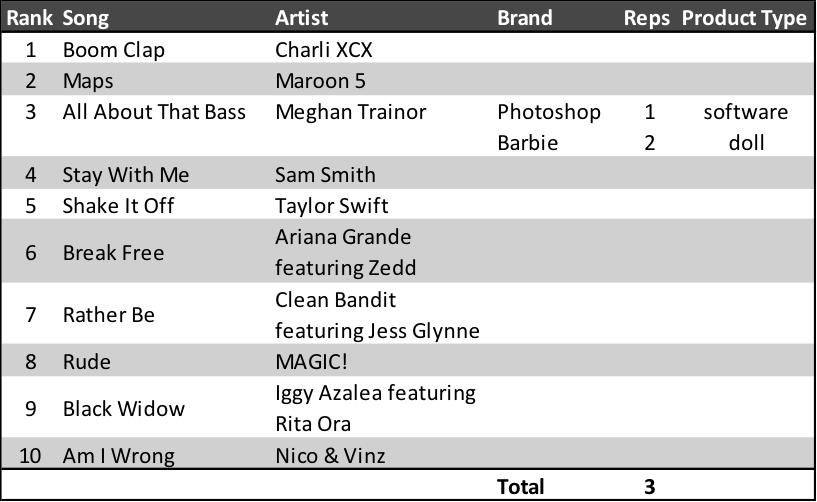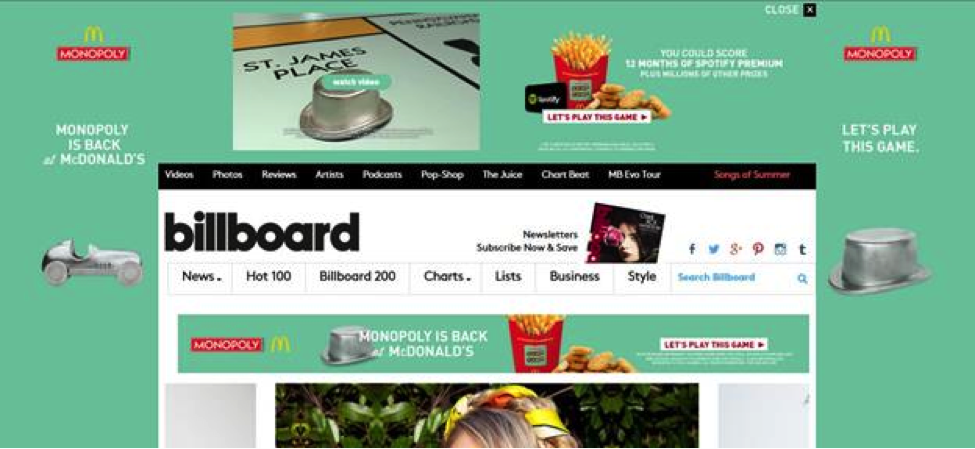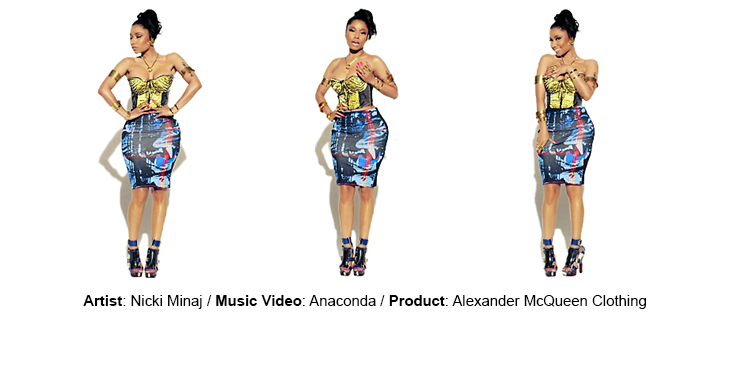
Breaking Down the Relationship between Brands and Teens
Today’s teenagers are uniquely positioned in the marketing world.
How many ads are hiding in popular songs?
| Roger Kimball
I love it when people sing. It doesn’t matter if their pitch is off or their timing is terrible. (OK. It matters a little.) When someone hums a few notes, lip-syncs a few phrases, or sings a whole song out loud, it makes me smile.
So when I heard the voice of a young friend belting out the lyrics to “She Looks So Perfect” by 5 Seconds of Summer (aka “5SOS” just so you’ve got the 411), I wanted to smile. I wanted to, but instead my head tilted and my brow crinkled as if to say, “Really?” Here’s why:
You look so perfect standing there in my American Apparel underwear.
This chorus is repeated four times when the song airs on the radio, or about a thousand times when a kid has it stuck in his or her head. It’s not just that prepubescent children are parroting lyrics about physical desires and being half naked … in other people’s clothes. It’s that a bold product reference is cleverly laced into the refrain of a mass-marketed pop song, masquerading as art to the unsuspecting ears of an audience too young to realize it is being manipulated.
I knew “She Looks So Perfect” was not unique. I knew other popular songs were imbued with product references. I decided to do some research.
What I discovered surprised me.
Pop’s Top Ten
Among the lyrics of the top ten pop songs on the Billboard charts there were only two unique and three total references. (Note: The lists of top songs ranked by Billboard were taken from late August and mid September 2014. The count of brand mentions in the lyrics may not be perfect. If you study the lyrics, maybe you’ll recognize other references that we missed.)
Here’s the list of those songs:

This was shocking. I considered the possibility, however remote, that my thesis was wrong. Then I noticed other Billboard rankings sorted by genre. And that’s when my concerns were unfortunately validated tenfold.
Coke, Jack and MTV
Among the lyrics of the top ten country songs, there were 14 unique brands mentioned a total of 24 times. There were only two “clean” songs in the bunch. By “clean” I mean lyrics that magically managed to express their poetry without naming a specific corporate label – imagine that. Here are the top ten country songs, whose lyrics I reviewed:
Hip-hop brands
The R&B/ hip-hop top ten list was similarly littered with brand after brand – 18 unique references for a total of 19 mentions. Only three songs escaped “clean.” Here are the ten R&B / hip-hop songs I studied:
If anyone doubts how profoundly co-dependent the popular music industry and corporate retailers have become, I point you to exhibit A: Billboard’s recent website with McDonalds advertisements.

At least the ads on Billboard’s website are clearly recognizable as ads. But the problem with the barrage of brand mentions in song lyrics is that they are meant to sound like art, and generally not in a truly artistic sense like Andy Warhol’s famous Campbell’s Soup Can in 1962. (Full disclosure: I’m not sure if Andy got any kickbacks from Campbell’s or maybe a lifetime supply of tomato soup.)
If brand mentions don’t translate directly into dollars in the pockets of songwriters, singers, and record producers, they certainly indirectly lead to endorsements (think 50 Cent and his hundred million dollar deal with the maker of vitaminwater) and perks a plenty.
Look. When it comes to music and poetry, I’m like anybody else. Sometimes a life changing chicken nugget inspires me to dance around in fashionable undies and get creative in iambic pentameter.
But all joking aside, as consumers and as music lovers, when we listen we must actually think about the meaning of the words we are humming. And as parents and teachers and role models, we should similarly help kids think about the meaning of what they are singing. It doesn’t mean they shouldn’t like the songs. It only means that they are more alert, and maybe a tad more objective when they’re spending their parents’ – and eventually their own – hard-earned money.
Also see these eye openers on advertisements masquerading as content:
Native Advertising – Just Another Term for Deception
John Oliver Has It Right (on Native Advertising)
CORRECTION 10/21/14: This blog posted on Oct. 20 initially misstated how many top country and hip-hop songs did not mention any products or companies. Two country songs and three hip-hop songs did have product or company names in the lyrics.
Today’s teenagers are uniquely positioned in the marketing world.
TINA.org comment showcases the ongoing need for an FTC rule.
These brand collabs are far from fab.


